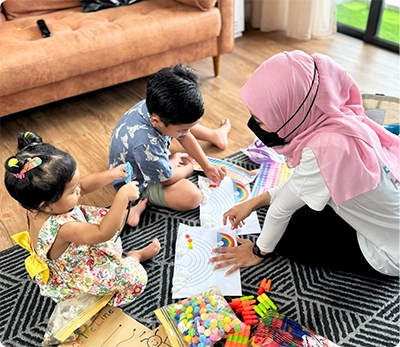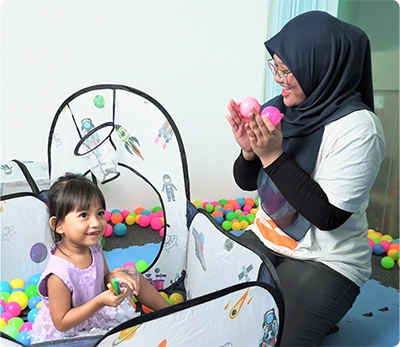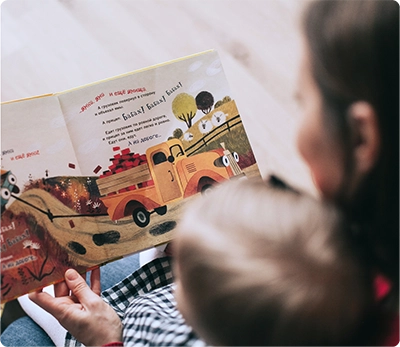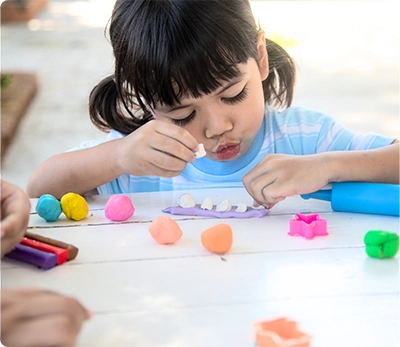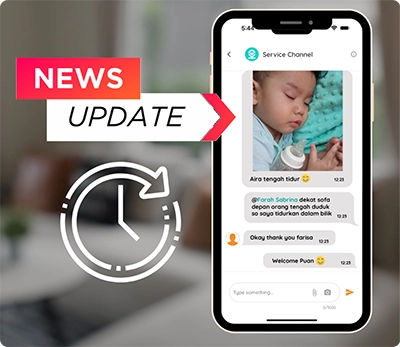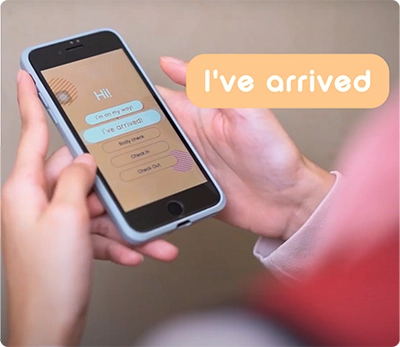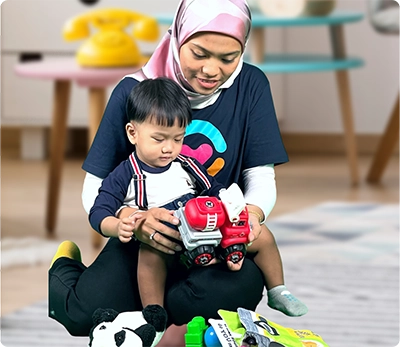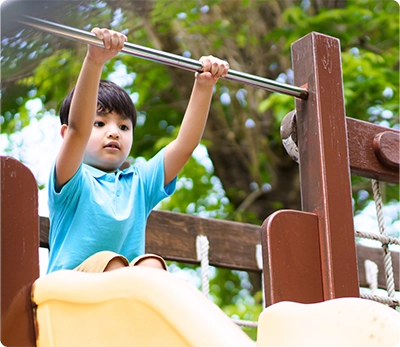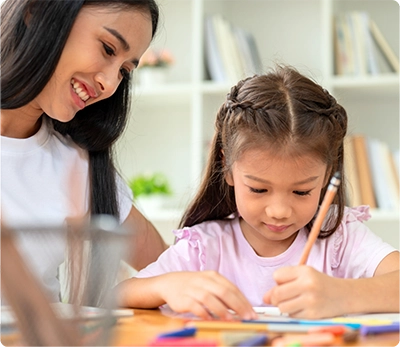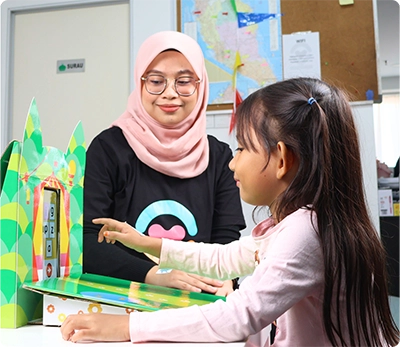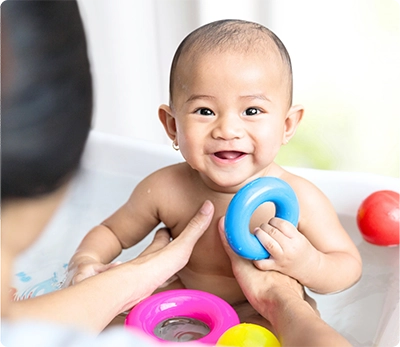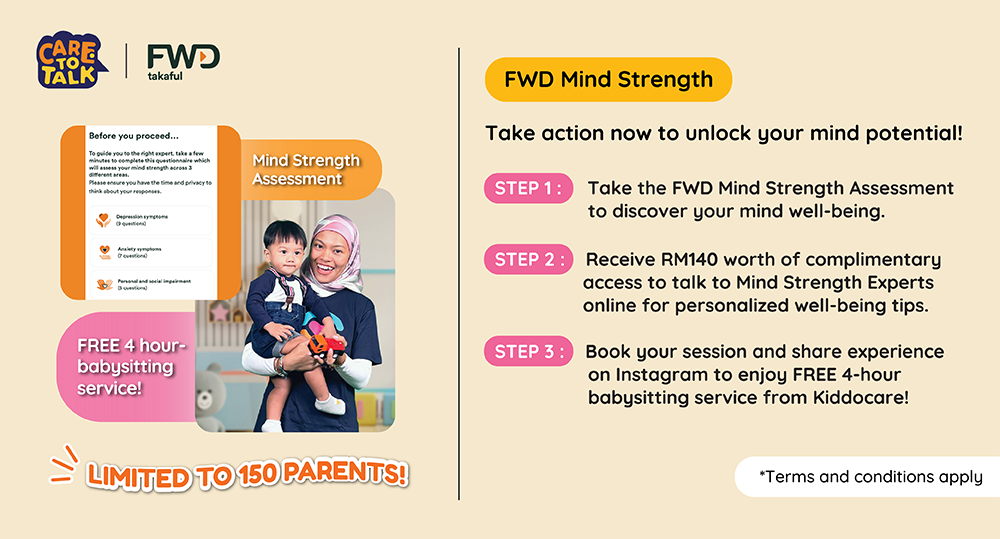Exploring the Magical Connection Between Children and their Imaginary Friends
Childhood! The phase in our life that is filled with so much fun! Who doesn’t love their childhood life? As a child, even though you didn’t have the freedom to buy things, you had the time to enjoy the things that you did which seemed like forever! Even though you had your curfews or you were not allowed to go outside without someone accompanying you, your only responsibility was to have as much fun as you could. You didn’t need to worry about the bills or the necessities because your awesome parents were there to support you every day! Your friends were also there with you to play and enjoy your time as a child as much as you could.
When we talk about friends, it is normal for children to have imaginary friends. They are common inventions from children who seek additional interaction beyond their families and friends in the classroom or at the playground. Though you may think that imaginary friends are detrimental to the general wellbeing or social abilities, these invisible companions play a large role in a child’s emotional, cognitive and social development.
Hence, if your child has an imaginary friend, psychologists say that you do not need to worry. Why? Because they believe that imaginary companions offer healthy opportunities for them to experience things that are usually impossible to achieve in real life. This includes having the ability to run as fast as the speed of light, transport themselves to a utopian world where everything is fine or imagine that they are from a character in a movie. Imaginary friends create imaginary play which offers them a rare chance to be in complete control, something all children crave.
Dr Kate Eshleman, a clinical psychologist said that it is common for children to have imaginary friends up until the age of 12. For a few kids, however, imaginary friends can last much longer, even into the teenage years. As much as imaginary friends are a sign of creativity, we also need to be aware that it may also be a sign for loneliness. From time to time, you should ask your children how everything is at school and if they have good and meaningful relationships with all the friends in school.
You may also eavesdrop at the conversations your children are having with their imaginary friends. Why? Because what your children say is an important indicator of knowing whether they are in a healthy relationship or else. You should also take note if the relationship is becoming too close or frequent to the point that their intangible friends exist 24/7 in their life. If your children’s imaginary friends are getting in the way of socializing with real friends especially when they grow 9 years and older, it is no longer helpful to them.
If you notice these traits or signs in your children, it is a good idea to review them with your child’s pediatrician. They may benefit from counseling or other assistance to help get back on track.
However, as long as they don’t show any negative traits, there’s really nothing wrong with your children having imaginary friends. It can benefit them in their development and growth in the long run. Let’s explore the positive things they bring to young minds.
Establishing Conversational Skills

Contrary to the popular belief that imaginary friends isolate children from their friends, these invisible companions can actually facilitate the development of conversational skills. Children usually do talk with their imaginary friends. This can either be in their mind or verbally talking to them, depending on the mood and environment. It gives them practice to conduct casual conversation. Of course, imaginary friends cannot exactly respond or talk back, however, children’s brains work wonders, their invisible friends might create conversations in their mind.
Imaginary friends are commonly associated with role-playing as children tend to create an imaginary world that only he or she could understand or visualize. This can simply increase their social interaction skills as they confidently talk in what may even be in different languages. It can also ease the anxiety associated with real-life social situations. When your children share stories about their imaginary friends, it can foster better communication and bond with friends and parents, providing a foundation for building lasting relationships.
Culture Shock

You know that there are times when you feel disoriented or anxious with everything because something that matters to you most is gone? Yes, that culture shock experience you might be feeling when you have just moved to a different place like a new school.
Imagine your children need to go through the same thing that you might have gone through not long ago; the sense of dread of having to work at a new place with different environments and cultures from the previous workplaces we’ve been in. Your children might feel lonely when transitioning to a new school as they only have a couple of just-met friends in the first few weeks.
Sometimes, the best companion, other than you as a parent, is their imaginary friends. Having the freedom to take control of the narrative, your children can feel a sense of comfort within as it helps them to go through the ordeal when interacting with their imaginary friends. It can help to alleviate some of the stress and better prepare them to deal with future changes on their own. It’s a ‘slowly but surely’ process but having imaginary friends would really help them go through those times that they feel they don’t belong.
Fostering Creativity and Imagination
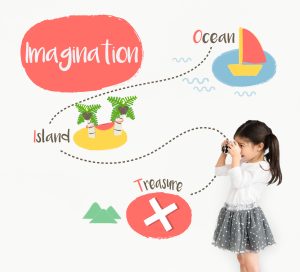
Imaginary friends are a testament to a child’s vivid imagination. Children who embrace and nurture their imaginary friends can enhance their creative thinking and innovative abilities which will allow them to explore uncharted territories.
There may be a time when you think that your children may be too old to have imaginary friends or that they should foster more meaningful, tangible friendships but if you understand what it’s like to have imaginary friends and what they will get out of it, you can be more supportive of their imaginary creation and interaction.
When your children can come up with very complex imaginations or even build a world in their own minds as they play with toys where as long as they don’t go over the limit of hurting or potentially harming anyone, let them be. Why? Because the neurons in their brain are developing, their thoughts and ideas are becoming more creative. This creativity often extends beyond childhood, aiding in problem-solving, artistic expression and innovative thinking in adulthood.
An Outlet for Control and Autonomy

As mentioned earlier, children have the freedom to control the narrative when playing with themselves and their intangible friends. How so? They are the ones to dictate what and where they’re going to be playing, the rules that come with it, create all the possible scenarios they can think of and establish a set of boundaries.
By doing this, they are creating a sense of agency, letting them experience the meaning of freedom and independence. This control of their make-believe world is like a tutorial for them to face the working world in a couple of decades to come. Let them be independent and navigate their sense of control. It’s a preparation for them to learn how to create, manage and be self-reliant. It’s a learning process for them before they step into the real world.
Written by:
IAN FIRDAUS
References:
https://medium.com/@LittleSeeds/the-benefits-of-imaginary-friends-ef3bdda41022
https://www.pbs.org/parents/thrive/why-imaginary-friends-are-good-for-kids
https://novakdjokovicfoundation.org/benefits-imaginary-friend/
https://health.clevelandclinic.org/is-it-ok-to-have-an-imaginary-friend/















